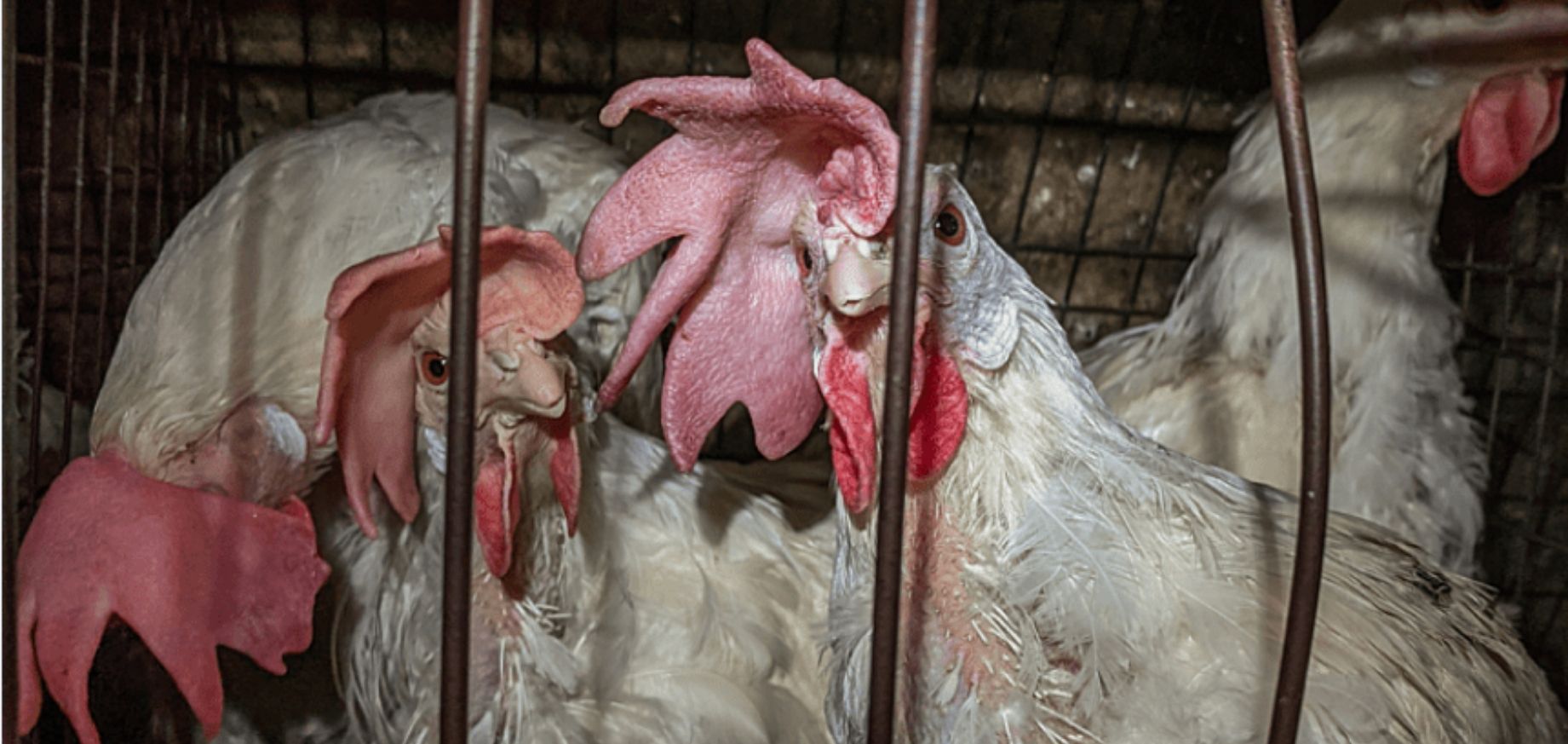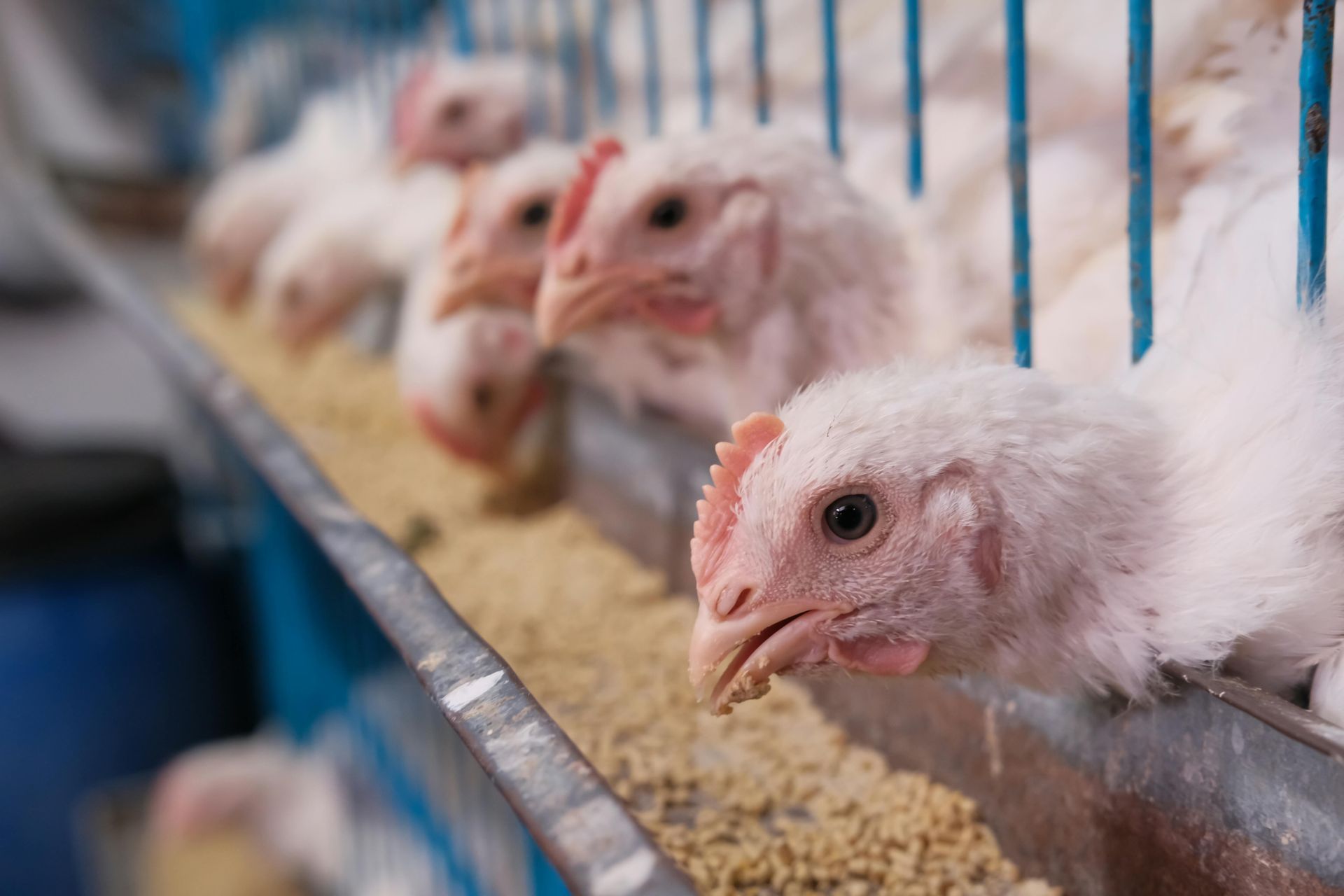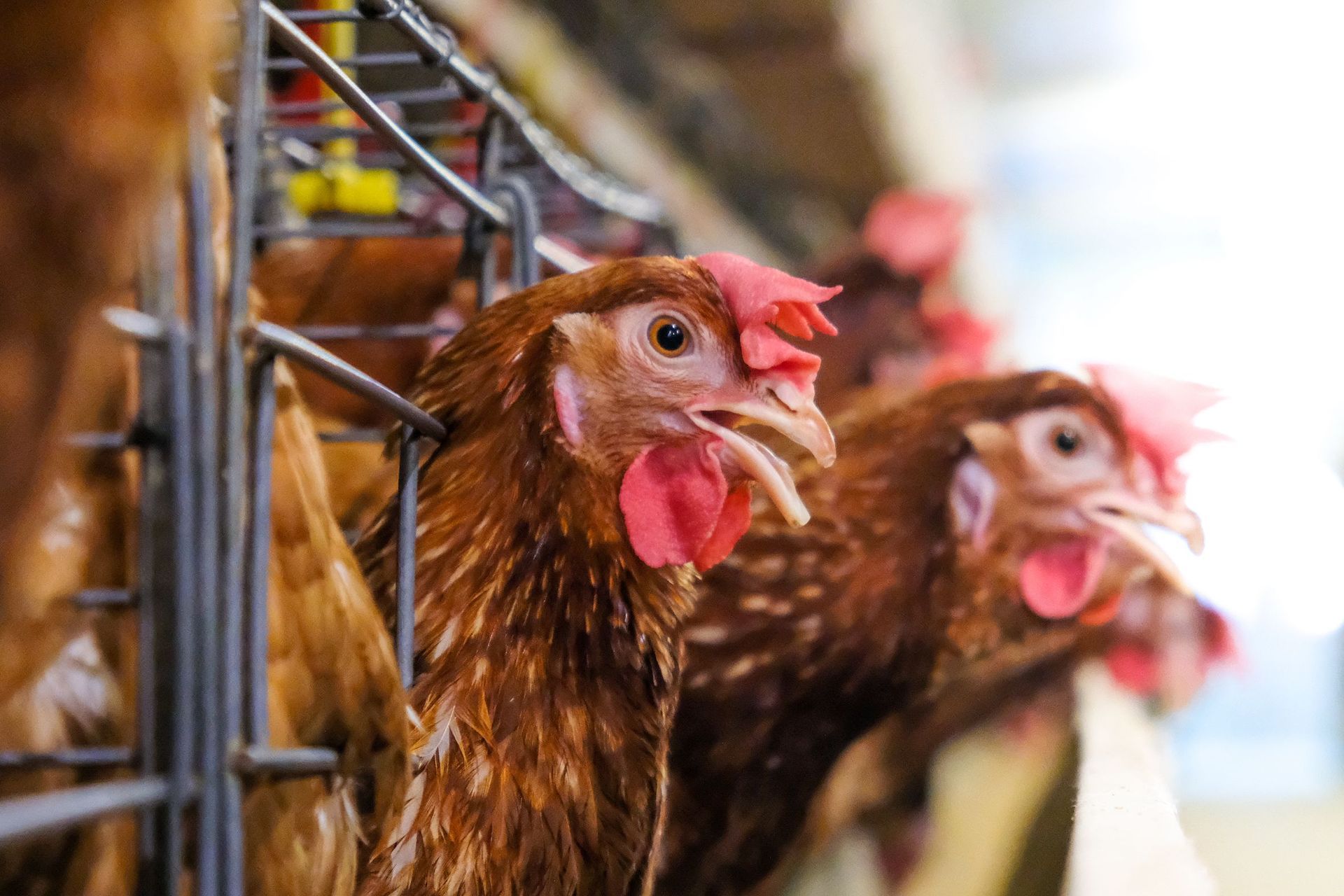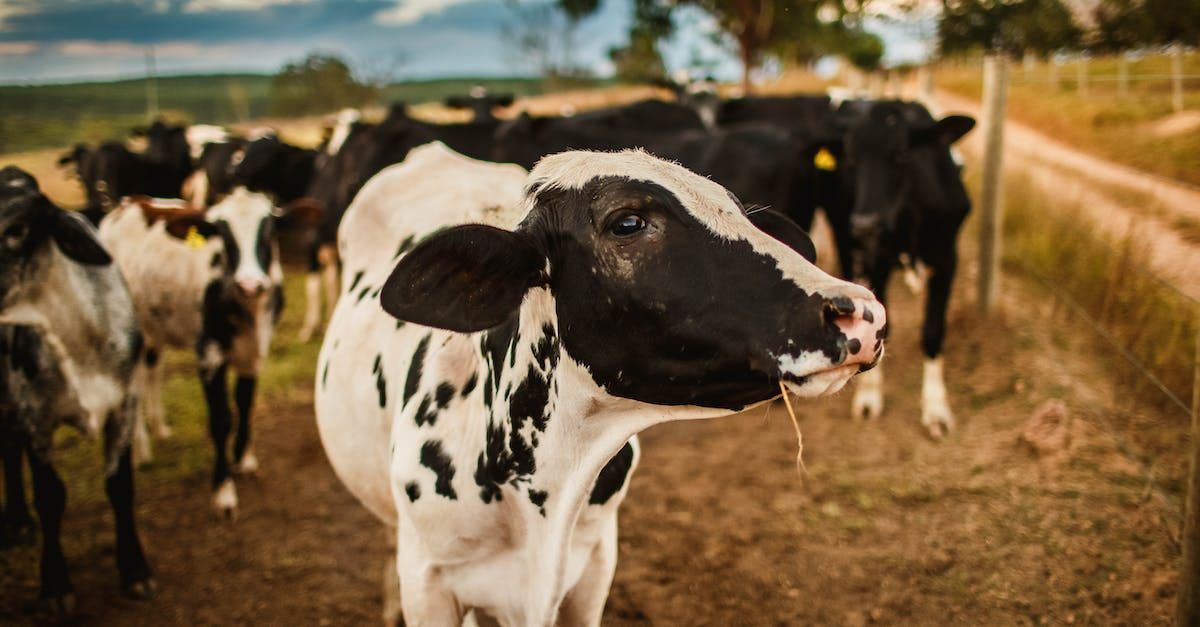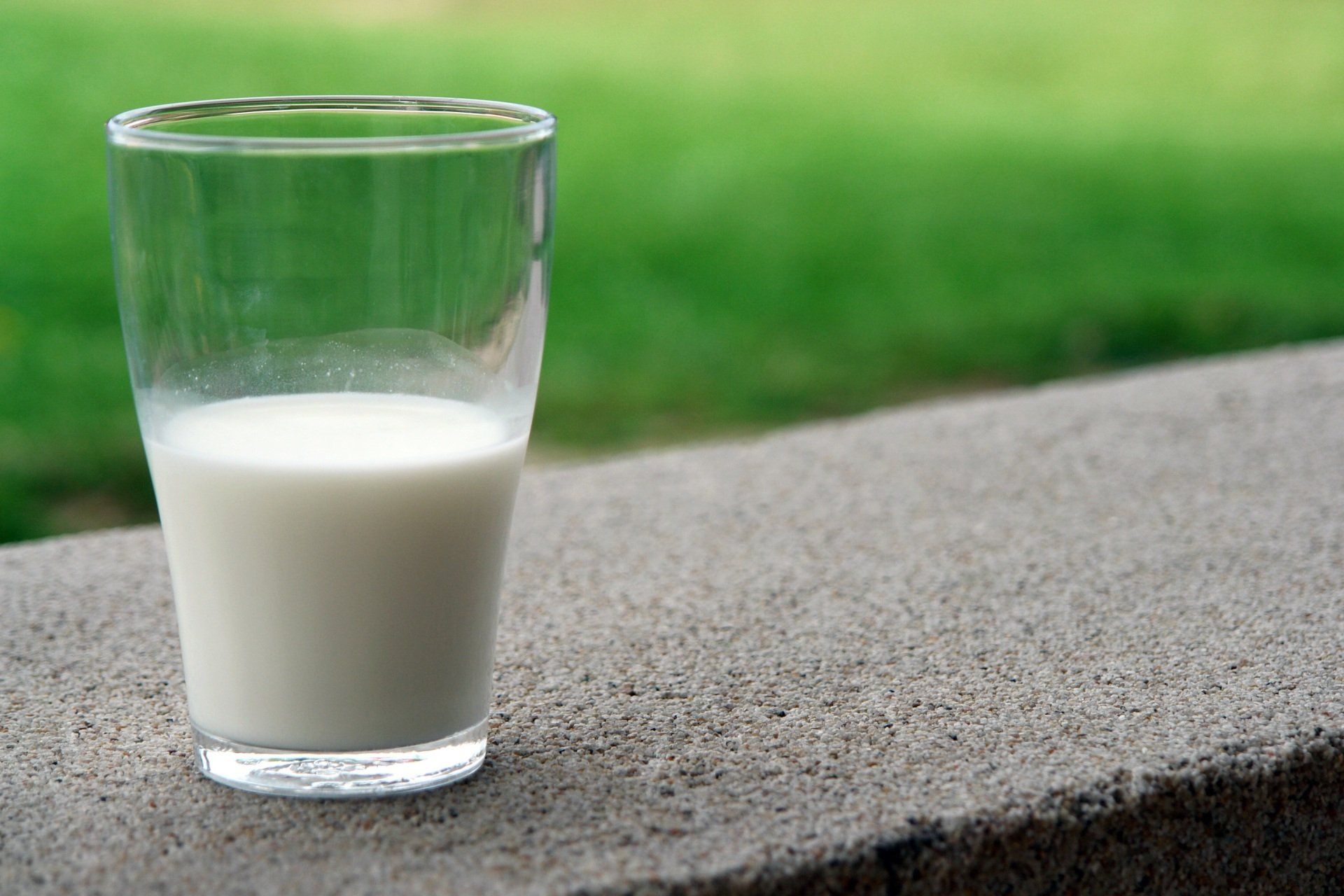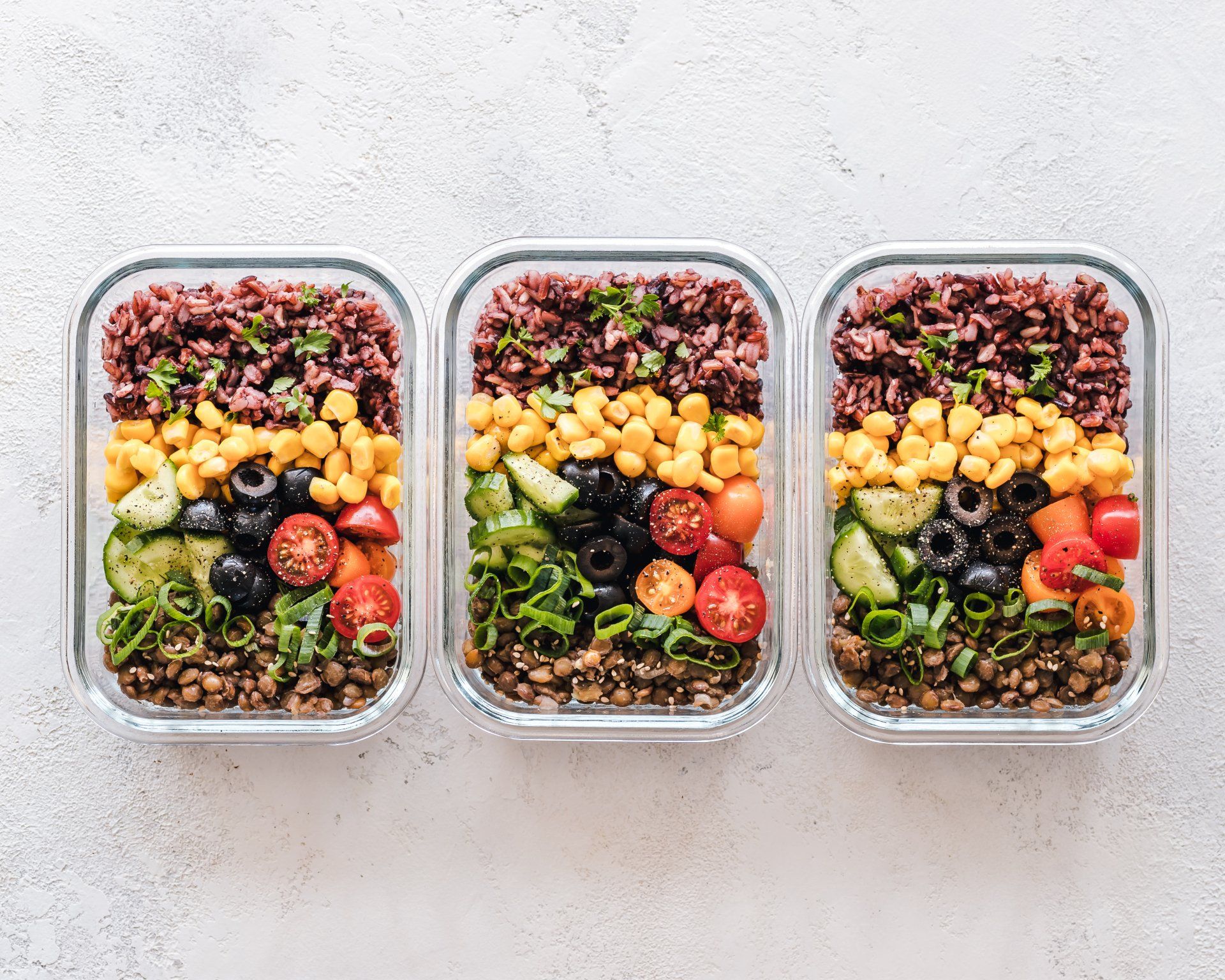The first food component is salt. While too little salt is just as dangerous as too much, in this post we’ll concentrate on the impacts of high salt consumption. Regularly eating high-salt foods may increase your risk of hypertension and a variety of cardiovascular diseases. Salt is very often added to processed and ultra-processed foods in large quantities (defined as more than 2,300mg of salt daily). Thus, a major way to eat a healthier diet is to make the food you eat yourself and from mostly unprocessed ingredients! That way you are certain what you are eating and in what quantities - including salt.
Sugar Does NOT Help the Medicine Go Down: Common Ailments of an Unhealthy Diet
By Lydia Lavis, Education Specialist at Reimagine Agriculture
We all want to eat healthy, but what does a ‘healthy’ diet even mean? A ‘healthy’ diet as described by the United Nations is one that
‘provides adequacy, without excess, of nutrients and health-promoting substances from nutritious foods and avoids the consumption of health-harming substances.’ Excesses of
some nutrients
are very appealing to the human brain - driving our cravings towards food choices that might be very high in fat, salt, or sugar. In the subsequent paragraphs, we explore four main food components that are delicious in moderation but harmful to your health if eaten in high quantities.
From: Vecteezy
From: Kari Eats
There is a fat chance you haven’t heard of this next component to look out for: Fats. A high-fat diet, specifically one high in saturated and trans fats, has been associated with higher cholesterol, which has multiple health implications, including an increased risk of prostate cancer. To help prevent high cholesterol levels, limit the amount of saturated fat you eat, including foods like animal fats, butter, and coconut oil, and choose unsaturated fats, like nuts and seeds, or avocado or canola oil, more often.
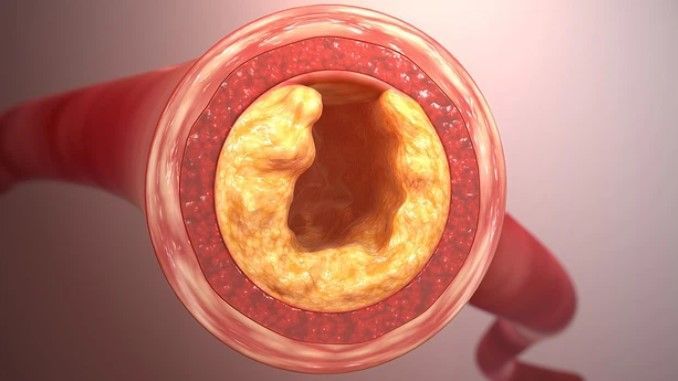
From: eLife Science Digests
Animal foods are often high in saturated fat. Animal foods like meat and dairy are also often eaten in excessively large quantities. Not only are high saturated fat diets putting you at risk of developing high cholesterol, these products tend to have high salt content as well, increasing your risk of cardiovascular disease, hypertension, and cancer. One solution to this would be to cut down on the amount of meat and dairy you eat and to limit the amount of excess saturated fat (and salt) in your diet.
It can be difficult to fully remove foods from your diet, particularly those with strong social and cultural connections. However, it’s worth reducing your intake of ultra-processed foods that have high salt, sugar, and fat content and cooking your own whole foods when possible. Plant foods are a good choice as they tend to naturally have more complex sugars, little to no salt, and unsaturated fats. Eating a plant-focused diet lowers your risk of developing diabetes, coronary heart disease, and all forms of cancer compared to a meat-based diet. (WHO 2021).
No matter what you eat, moderation of all foods is key - although, we could all do with more plants in our diet. Eating a wide variety of foods will provide better nutrient benefits to you and more complex flavours! Reinvent your current meals with new plant foods and see if you can make a new, and better, recipe yourself.
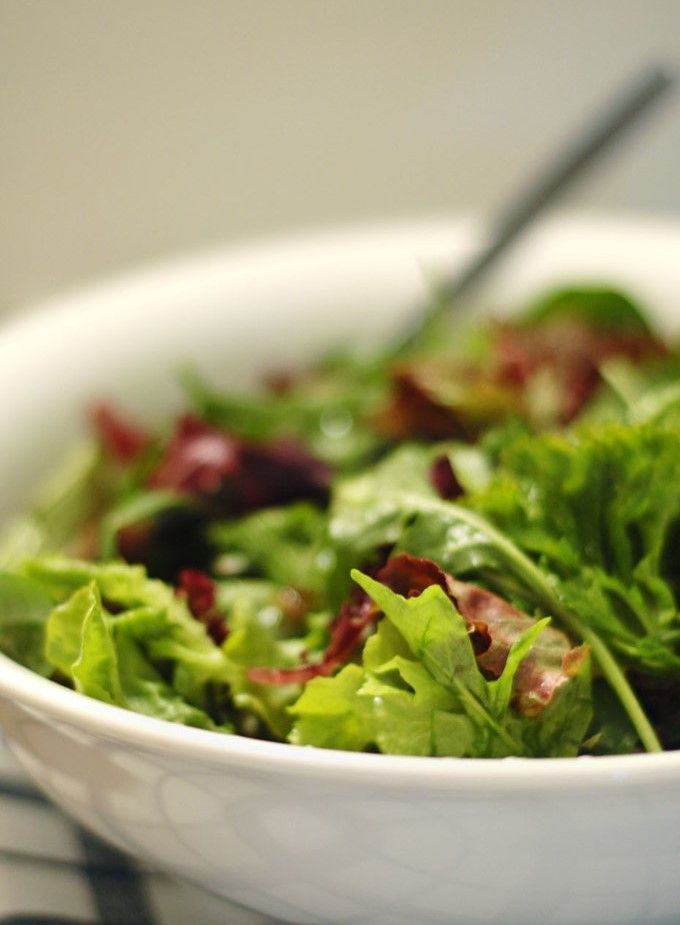
Photo by: catsper on Flickr License: Creative Commons
Not sure how to start cooking a healthy diet? The 2019 Canada Food Guide is an excellent source of information on the health impacts of foods, the types of meals you can cook, and more! Head over to our
new video series on Canada’s Food Guide to learn more!
Want to learn about Canada's Food Guide?
Here's a taste of what you can expect from our series on the past, present, and future of Canada's Food Guide.
